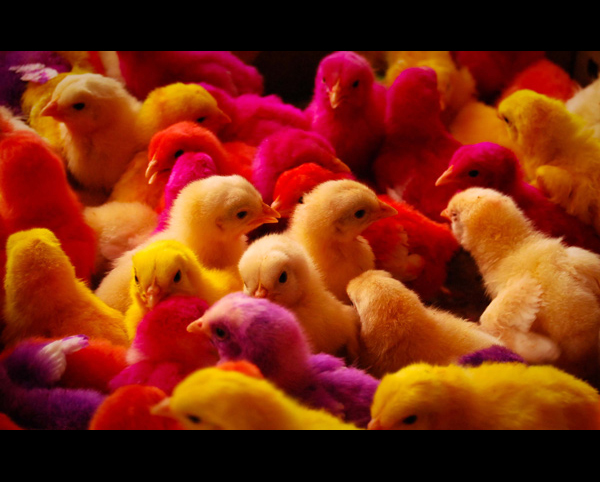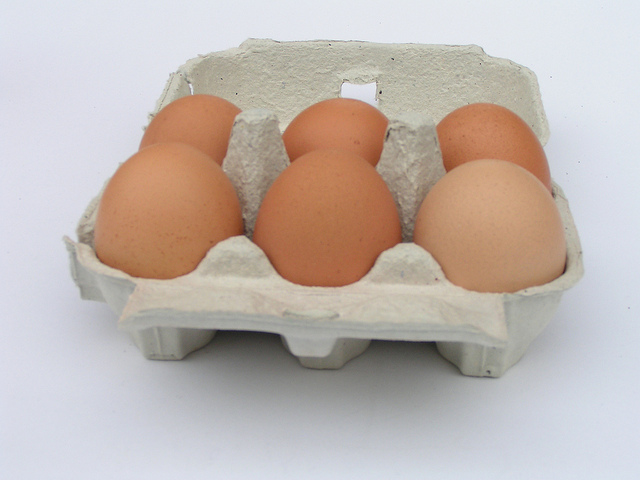Share the post "What to Watch out for When Creating a Shopping List: Free Range Products Myth"
In today’s world, people are becoming more and more aware of the importance of having good, healthy food on the table, and trusting everything you hear on ads or read on labels is not such a smart thing to do. For a healthy meal, we usually try and look for foods that are “all natural”, “organic” and “free range”, but we are not always aware of how misleading that can be. We are not simply talking about mass production of animals that are designed for slaughter, but we are talking about animals that are denied of their natural habitat, their natural behavior, and are tortured and mistreated only to get to your nearest store fast enough. In all of the human history, there has been a delicate bond between a hunter and its prey, which gave dignity even to the animal that would end up as someone’s meal.
Is “Free-Range” Label Really Safe for Your Family?
While major companies would want you to think that food labeled as “free-range” is actually healthy and good for you, the truth is nowhere near this. Commercials show you the animals running outdoors, enjoying both fresh air and sunshine while eating highest-quality food, but you can easily imagine that the truth is quite the opposite. When it comes to government regulations, the U.S. Department of Agriculture (USDA) only regulates the label organic that can be found on egg cartons, and does not check the claims like “free-range” and “free-roaming” for beef products.
The USDA requires that “free-range” animals have access to outdoors area, but there are no requirements on how much time they should spend outside, or how much room should they have. Furthermore, some regulations require that animals only have access to the outdoors, not to actually spend time there. Because of genetic manipulation and high-calories diet, many chickens never actually venture outside, which makes your healthy shopping list of products quite short.
Is “Organic” just a Fancy Buzzword?
USDA regulates that the meat, poultry, eggs and dairy products (most common products when trying to create a healthy meal) that wear the label “organic” should come from animals that are not given antibiotics or growth hormones. “Organic” is not the same as “natural”, and this label does not actually guarantee that it is safer or in any way better than conventionally produced food, nor that the animals are treated better.
3 Horrifying Facts about “Free-Range” and “Organic” Chicken Meat and Eggs
- Most hens are only fed for their eggs and are actually in restricted, filthy boxes where no movement is possible, and are slaughtered when egg production wanes.
- Over 100 million hens are killed each year simply because they stopped producing eggs.
- Yearly, millions of male chicks are actually ground to death in specialized machines (called “macerator”) simply because they do not produce eggs.
What Are Some Healthy Tips and Alternatives?
With all this confusion about what labels actually mean and their strange regulations, it is difficult to determine which food is OK for you to buy when creating a grocery shopping list for healthy eating. If you truly want to have a healthy family, you’d better pay attention to produce dates, or try to buy from farmers you personally know. Another option is to go vegan and totally remove animal meat off your plate. But in either case think twice if “free-range” label is worth paying extra.
«Buy Me a Pie!» — the most convenient, easy and elegant grocery list application :(iPhone/iPad) | (Android) |
Share the post "What to Watch out for When Creating a Shopping List: Free Range Products Myth"









 EN
EN  RU
RU